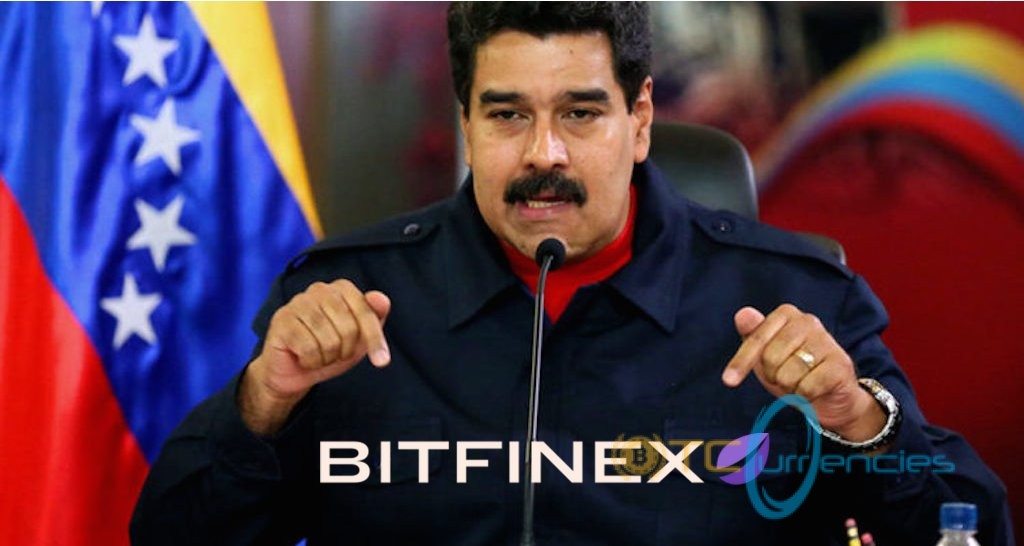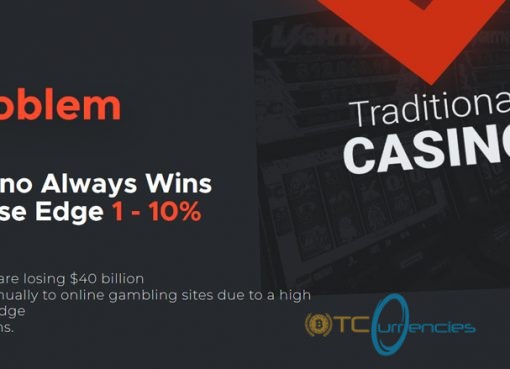Bitfinex has said it will neither list nor transact the new Venezuelan oil-backed crypto-currency, the petro (PTR), and any other digital tokens issued by Venezuela. The exchange made the announcement Tuesday, citing U.S sanctions. The Venezuelan government has in the meantime already set the minimum amount for investment in the initial coin offering of the petro.
“We see the petro as having very limited utility,” the crypto exchange conveyed. “It could be interpreted as attempting to circumvent existing legitimate sanctions against the government of Venezuela. With effect from March 19, the United States government has prohibited its citizens from conducting transactions that are related to, provisions of financing for, or other dealings in, whatever kind of digital currency, digital token, or digital coin that is issued by, on behalf of, or for the government of Venezuela,” the crypto trading platform stated. This, Bitfinex says, includes PDVSA (the state-owned oil firm), the Central Bank of Venezuela, or any other entity or entities that are controlled, acting on behalf of, or owned by the Venezuelan government.
The exchange says that its restrictions are not limited to Petro only, but the may include any other token that may be introduced in future by the Venezuelan government. “We’ve never planned to include petro or any similar tokens in our trading platform. Following the United Sanctions among other sanction risks involved in dealing with products, we’ll not transact or list the Petro or any other similar token,” Bitfinex wrote.
The policy takes effect immediately, and it applies to all of the company’s customers and all operations on the platform, including trading, financing, withdrawals, and deposits. Again, all employees and contractors have also been prohibited from carrying out transactions in the PTR and other related digital tokens
Petro ICO update
The government of Venezuela previously said that the presale of PTR, which reportedly started February 20th, has raised up to $5 billion across 133 countries, but there has been no proof to this claim. The whitepaper suggests that the PTR’s Initial Coin Offering began March 20th. Recent media reports revealed that the digital coin can be bought with Euros, Yuan, Turkish liras, Rubles, and other cryptocurrencies like bitcoin, XEM, and ether.
Last week, President Maduro ordered that the PTR should be used in state operations. Tourists services are among the various services in the country already accepting the PTR. However, not everyone is okay with the order. Ariadna Zamora, head of one travel agency has told the AFP that “no one has explained anything, so how do you start trusting something you don’t know?”
The AFP, on Wednesday, reported that the government of Venezuela has already set the least investment amount at €1000 (about $1,234) for PTR. Individuals registering to buy the PTR are reminded about the minimum investment and that “the funds have to be transferred, in rubles and euros, to state accounts.” Citing that about 13 million Venezuelans earn minimum wages, which is about 4.5 euros on black markets, the AFP pointed out that the amount set as the minimum investment “is unattainable for most Venezuelans.”




